Greece marks 200 years of freedom in the midst of a national lockdown
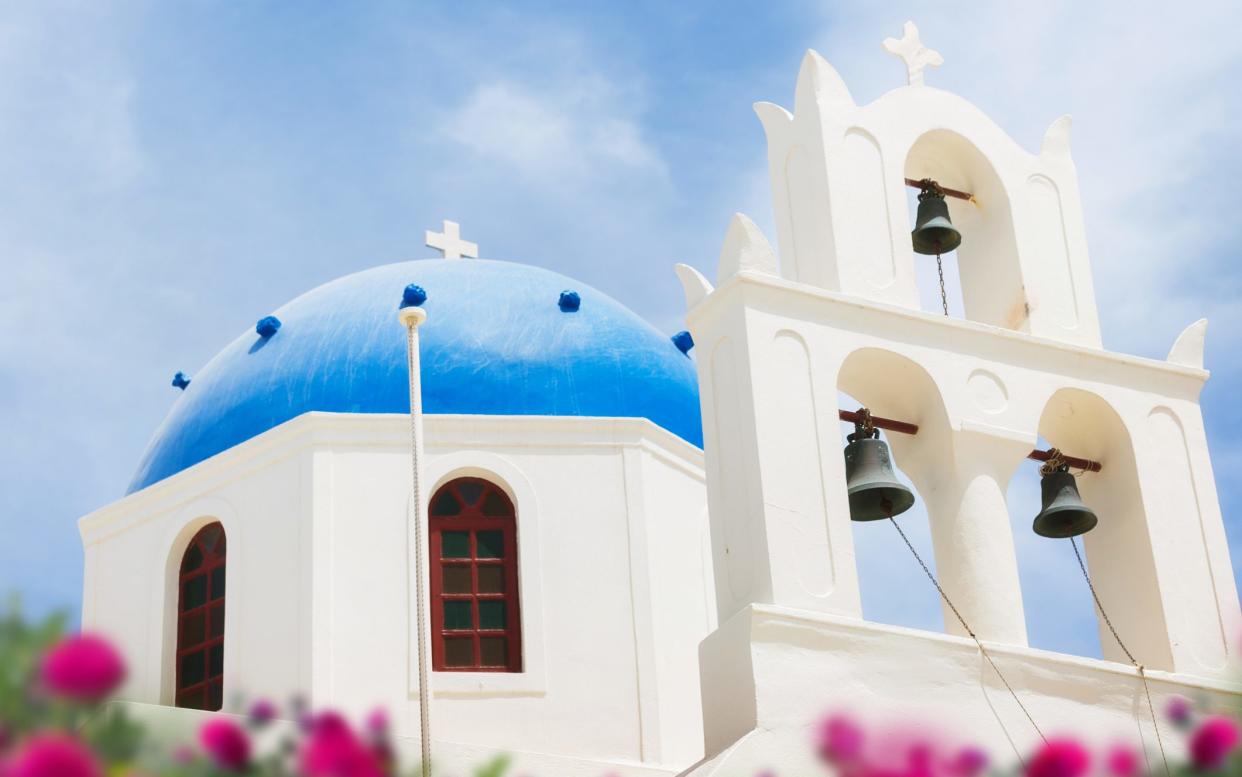
In 2021 Greece celebrates 200 years of independence, but for many Greeks the irony of celebrating the country’s freedom whilst in the confines of a hard lockdown is a bitter pill to swallow, especially with TV channels constantly broadcasting the mantra of Bouboulina, Kolokotronis and other fighters for liberty: "One hour of freedom is worth more than 40 years of slavery and prison.”
Greece’s heroic rebellion against 400 years of Ottoman rule originated with members of the Odessa-based Greek revolutionary secret society the Philikí Etaireía, or Friendly Brotherhood, but it was the church that fed and fostered the country’s most popular uprising. The blue-domed churches that feature on every Greek postcard aren’t just pretty backdrops for feta cheese ads, they were actually painted in the colours of the Greek flag as a symbol of resistance and a sign of hope.
This powerful link between Greek identity and the Orthodox Church was forged way back in Byzantine times, and then hammered and honed during the long years of Turkish occupation from 1453 until 1821 when the church played a major role – not only in conserving Greek culture, traditions and language, but also by aiding the resistance partisans.
Far from the images of distant figures officiating in holy temples, black-clad Greek priests – who’ll happily sit with their flock playing tavli backgammon, sipping raki and chewing the fat at the local kafeneion of an evening – are very much part of the fabric of daily life. And – as the famous bronze statue of a monk holding a rifle at Crete’s Preveli monastery near the popular beach resort of Plakias, testifies – they weren’t scared to get their hands dirty, either.
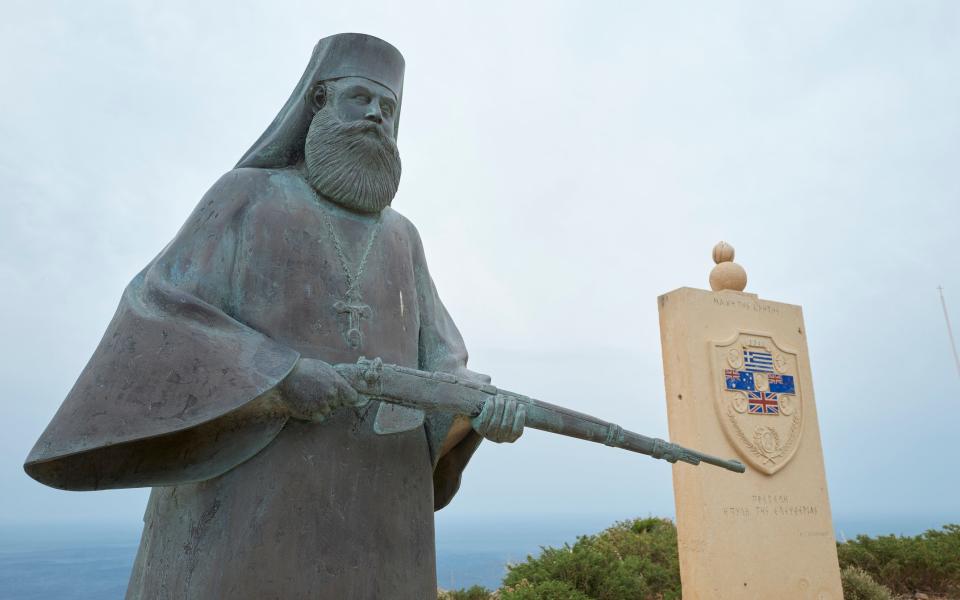
Since the start of the pandemic in 2020, however, Greek churches have been forced to keep their doors shut and the country’s joyous – and sometimes riotous – religious celebrations have been sorely missed. With no one to carry Christ’s epitaph around the village at midnight; no joyous clanging bells to announce the resurrection and no bands of drunken neighbours roasting lamb on spits and toasting each other to the tune of wild music, Easter was a sad affair in 2020.
Christmas, with shops and restaurants shut, family gatherings forbidden and a 9pm curfew was – if possible – sadder still. “My children are in Athens, which is in even stricter lockdown than here in Crete,” a neighbour told me with tears in her eyes. “On New Year’s Eve I went to bed at 10pm – normally I’m up with them and celebrating until dawn.”
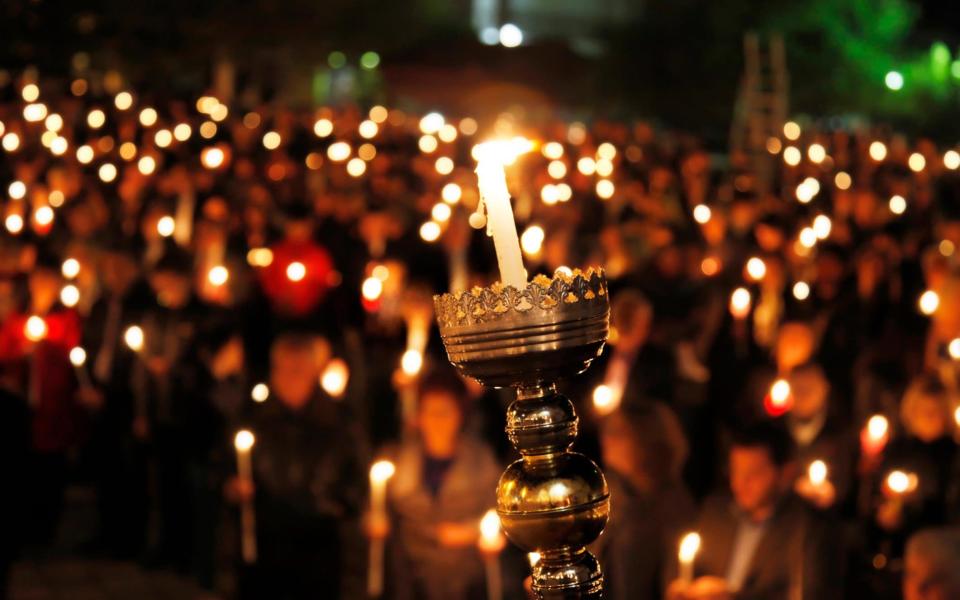
This week, however, two months into the country’s second lockdown Greece’s Orthodox church threw open its doors for The Epiphany, one of the country’s biggest religious festivals, when worshippers gather to celebrate Christ’s baptism. Faced with this open act of defiance, PM Kyriakos Mitsotakis was forced to allow limited attendance. “Any and every time the state has rivalled the church with some new reform or measure, it has lost,” Greek journalist Nikos Dimou commented.
With more than 140,000 Covid cases to date and no sign of an end to lockdown, one of the biggest losers seems likely to be Greece’s ailing tourism industry. Surprisingly, however, although several cases of the new and more contagious Covid-19 strain have been discovered in Athens, UK tour operators say they’re seeing an increased demand for summer holidays to Greece, with Jet2 announcing extra flights to the popular destinations of Corfu, Crete, Kos, Kefalonia, Santorini, Rhodes and Zakynthos, along with new routes for summer 2021, in response to “continued demand”. According to research by the Association of British Travel Agents, Britons are keen to return to their favourite destinations in 2021 and Greece is one of them.
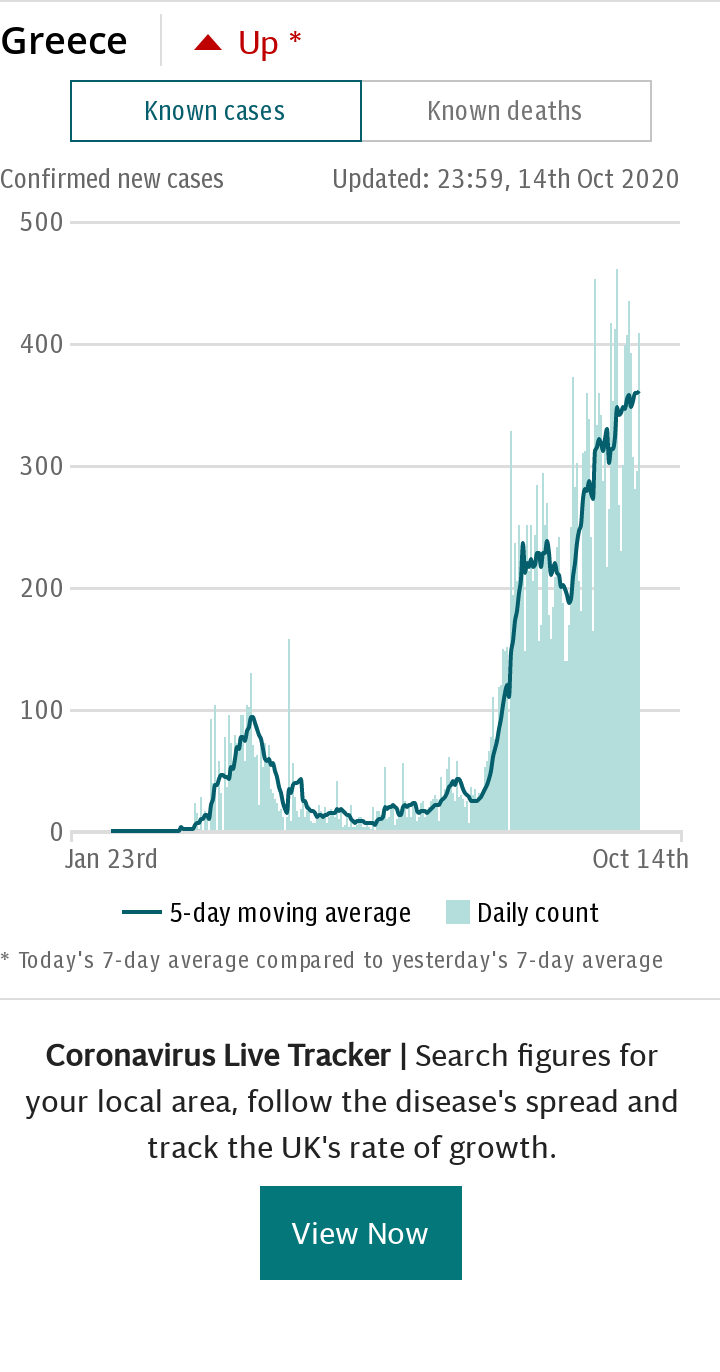
Of course Britons have a reason to celebrate the country’s bicentenary of national sovereignty, too. George Gordon, better known as Lord Byron, was one of the foreign volunteers who joined Greeks in their fight for freedom. The dashing British poet – known locally as O Vyronos – spent several years fighting alongside Greek insurgents, before dying of malaria in 1824. “I have a presentiment that I shall die in Greece,” he told his mistress Teresa, Contessa Guicciol before he joined the struggle.
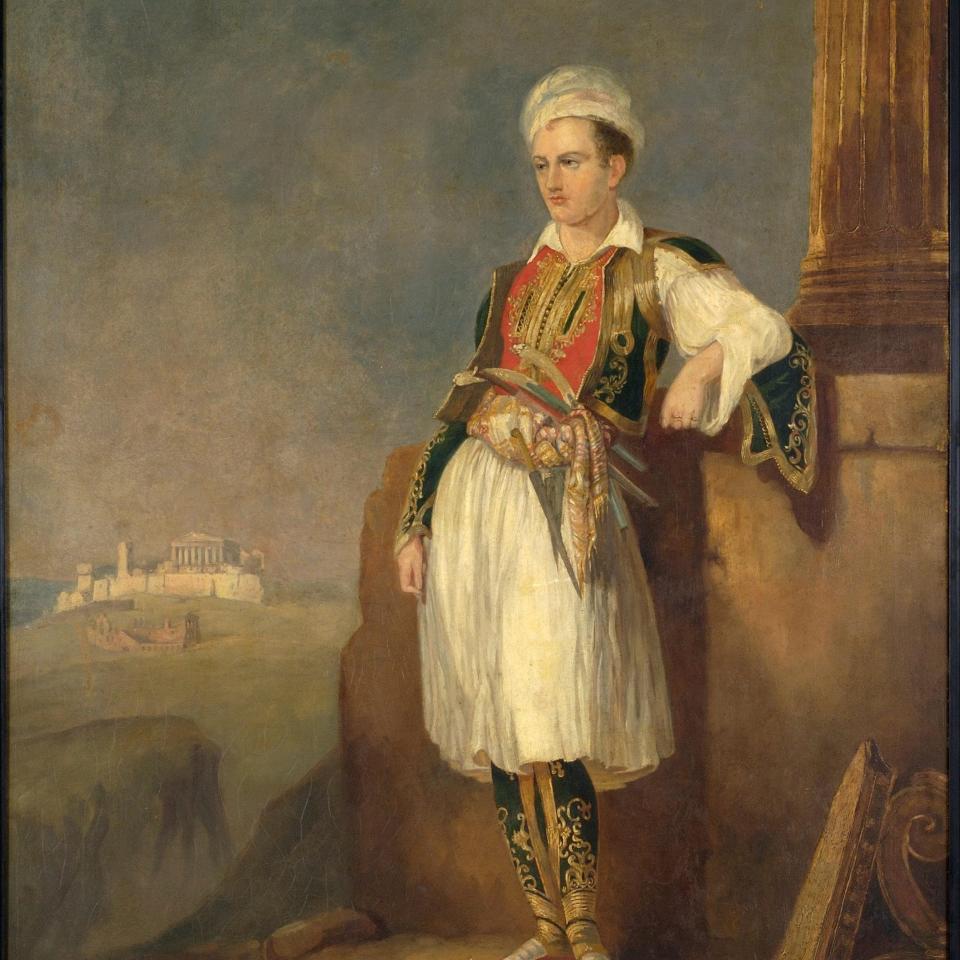
But despite vague predictions that tourism will start again in early summer, no one yet knows when Greece will be ready to leave lockdown, let alone welcome tourists to celebrate its – highly symbolic – anniversary of independence.
The best hotels in Greece, for when we can travel again

